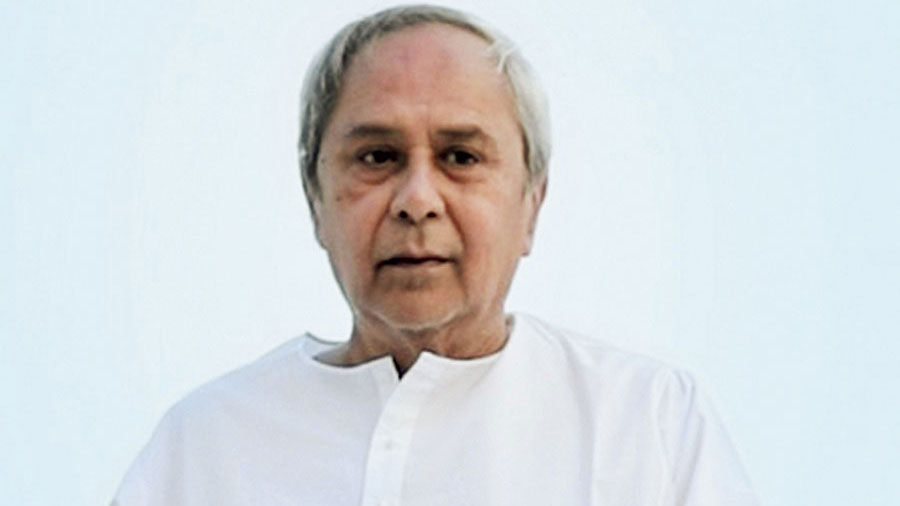The Naveen Patnaik government’s decision to provide reservation to students passing out from government run schools in government engineering and medical colleges has sparked a controversy with the two major political parties questioning the intention behind the move.
Both the BJP and Congress have asked the government to clarify why it felt the need for reservation.
The two major Opposition parties have asked the government to implement the all-India reservation policy in jobs and the education sector in the state. On the other hand, educationists feel that the government should focus on building quality infrastructure for education instead of taking populist measures such as reservation.
BJP spokesperson Lekhashree Samantsinghar said, “The Centre has made 27 per cent reservation for OBC (Other Backward Class) and 10 per cent reservation for SEBC (Socially and Economically Backward Class). But the Odisha government is yet to implement it. Had the Odisha government implemented the reservation policy, nearly 37 per cent OBC and SEBC students would have benefited as most of the students in the government-run high schools fall into OBC and SEBC categories.”
Congress MLA Suresh Routray said, “The government has no rights to go for reservation in medical and engineering colleges. Instead of reservation policy, Odisha should focus on improving the infrastructure in the government high schools.”
Nearly 45,000 teachers’ posts are lying vacant in the 48,000 schools starting from primary to high schools. “Steps should be taken to fill up these posts first,” said Routray.
Former Union minister Srikant Jena told The Telegraph, “As per the census, Odisha has 38.5 per cent SC and ST population and SEBC and OBC constitute around 54 per cent. Why has the Mandal commission recommendation not been implemented here? Why is Naveen Patnaik government not implementing OBC (27 per cent) and SC and ST (38.5 per cent) quota?”
BJD spokesperson Elina Dash said, “We are surprised that the BJP is opposing such a historic and pro-student step of chief minister Naveen Patnaik to provide reservation for students studying in government schools.
Dash said, “The entire country, including the BJP-ruled states, will follow this historic pro-poor and pro-students decision of the Naveen Patnaik in the coming days.”
Stating that the BJP is actually unnerved by the popularity of Naveen, Dash maintained, “They are not able to digest the huge acceptance the decision of the chief minister has got from people across the state.”
Prof (retired) of political science, Utkal University, Surjya Narayan Mishra said, “This is an act of populism. It’s an attempt by the government to save its own institutions from collapsing. Instead of focusing on reservation, the government should try to develop good infrastructure.”
Odisha Private Engineering College Association (OPECA) president Binod Dash told The Telegraph that students have to clear the NEET and JEE examinations to enrol themselves in the medical and engineering colleges. “Unless they clear the examination, they would not be able to take advantage of the reservation scheme. Now the seats are lying vacant and the government has to go for dereservation of the seats.”
He said, “At present, out of 100 seats, 15 per cent seats are reserved for India quota. Besides, there is 33 per cent reservation for women. Then there is reservation for SC, ST, green card holders and military quota. If we take all into consideration, the number of reservation seats would touch to 50 per cent. At this point, instead of focusing on the reservation issue, we should strengthen the education system in government run high schools.”
Dash said the government should ask its officials to enrol their children in government schools.
“Once they do it, the education system will improve. And there will be no need for reservation.”












